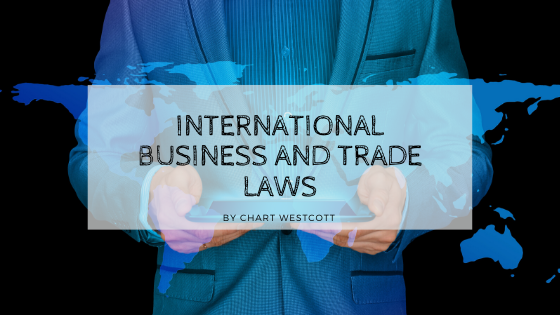An Overview of International Business
International business covers a wide variety of transactions. If any transaction of goods, services, information, or any number of actions is conducted across national borders, it falls under the category of international business. Businesses who plan to conduct internationally have a separate set of laws to follow in doing so.
Stay on the Lookout
Every country has different laws and expectations for how business is to be conducted. Foreign Corrupt Practices Act (FCPA) is a U.S. law which prohibits paying “anything of value” to foreign officials to influence a decision or omit information. Although some foreign systems can be swayed for political or monetary gain; it is wise to err on the side of caution, speak with a professional, and abide by both U.S. and international laws.
When working with particularly corrupt countries it is best to assess the risks, devise a plan on how to minimize them, and accept that foreign countries are often murky territories so conducting business comes with a dramatic learning curve.
Choosing a Location
Similar to buying a house, choosing the location of a business comes with numerous factors to consider. But when a business has chosen a location it can take years and thousands, if not millions, of dollars to relocate. What are the taxes like? Are there qualified people to work for the business in the area? Is the business accessible? How fierce is the competition? Are there any zoning restrictions? What are the costs both ongoing and one time? Is there room to expand the business space if needed?
The Transactions
The hand off is often the most difficult part of a transaction. There are multiple options for how to make a safe transaction one example is a letter of credit. A letter of credit is a globally accepted payment method that helps minimize risks. The importer arranges the letter of credit with the bank, the exporter delivers the goods and shows the bank that the guidelines have been fulfilled, the bank confirms it with the importer, and finally the exporter is paid.
Supporting Trade
While banks and lawyers are necessary to have involved in trade, The World Trade Organization (WTO) works to make sure trades are done legally and smoothly throughout the world. If a trade disputer occurs, the WTO steps in to resolve it.
With over 160 participating countries the WTO works to create economic stability and reduce trade tension. It is helpful to refer to the WTO for information on treaties and trade regulations with other countries. Violating trade agreements and regulations can be a costly mistake which is why one should always consult their lawyer.
Getting Engaged
When setting up in foreign countries expatriates often have trouble assimilating. The customs, people, laws, and even the weather can all be completely different that what they are used to. Trying to understand and respect the other country’s lifestyle helps build a better business relationship.
